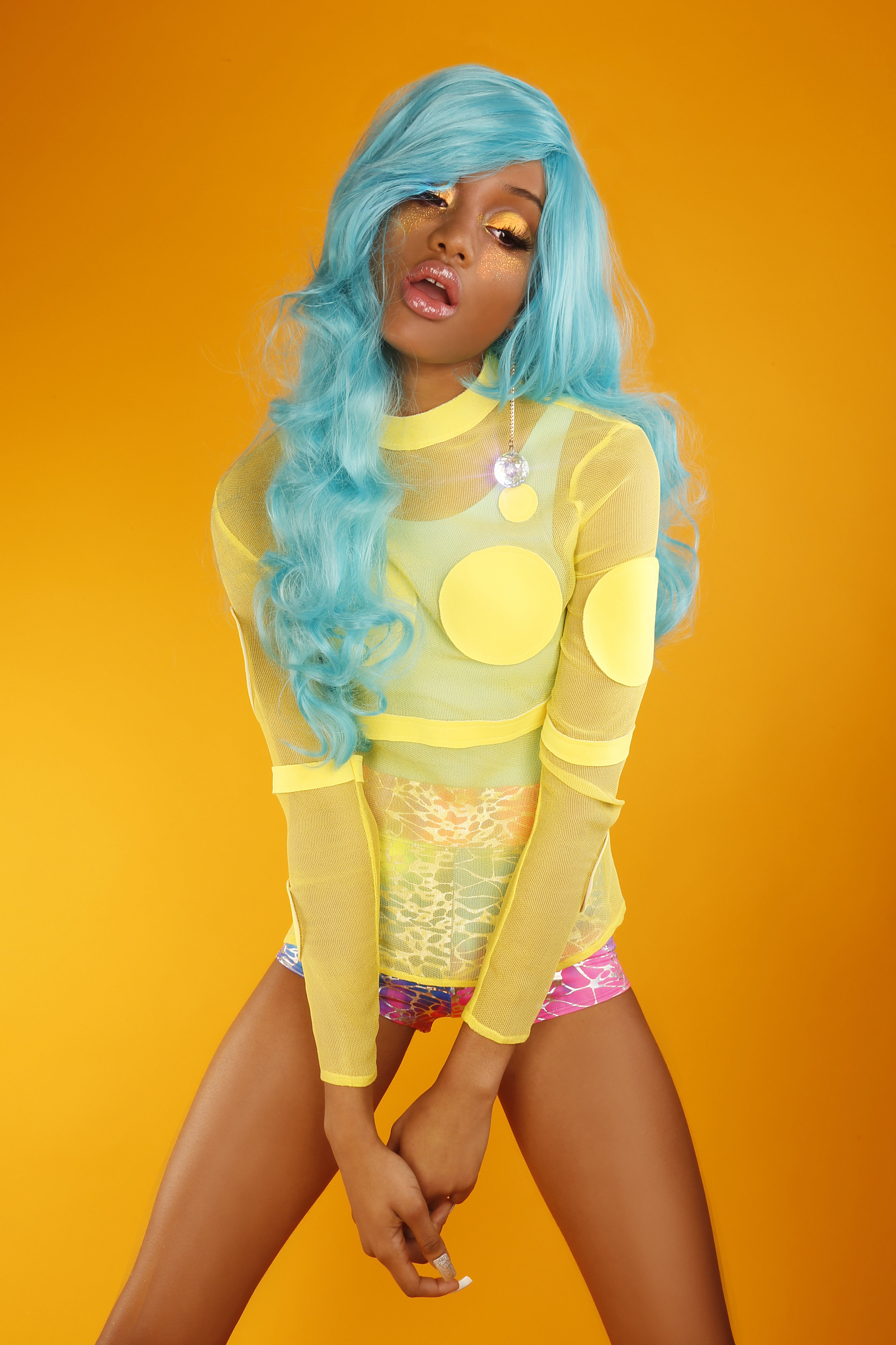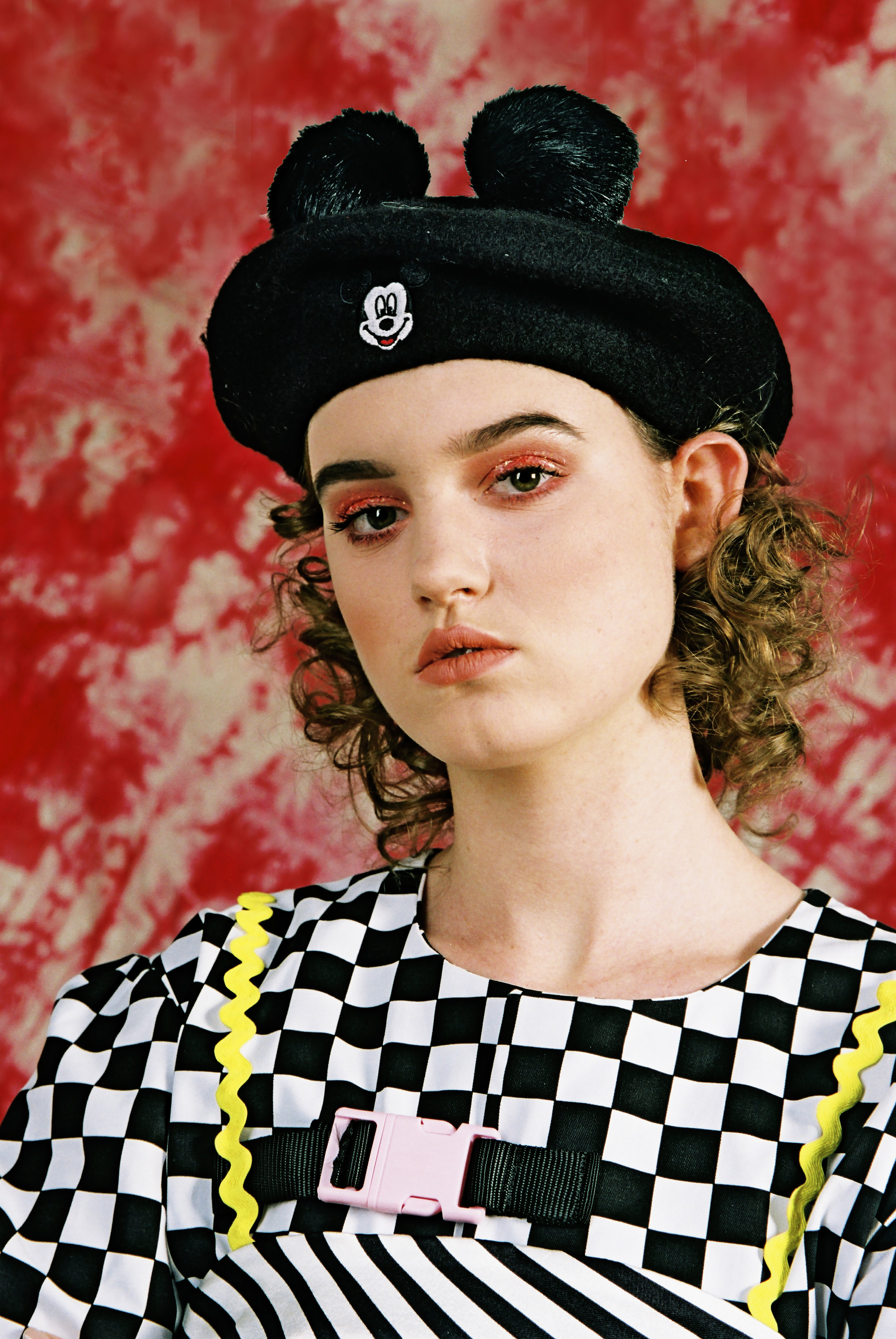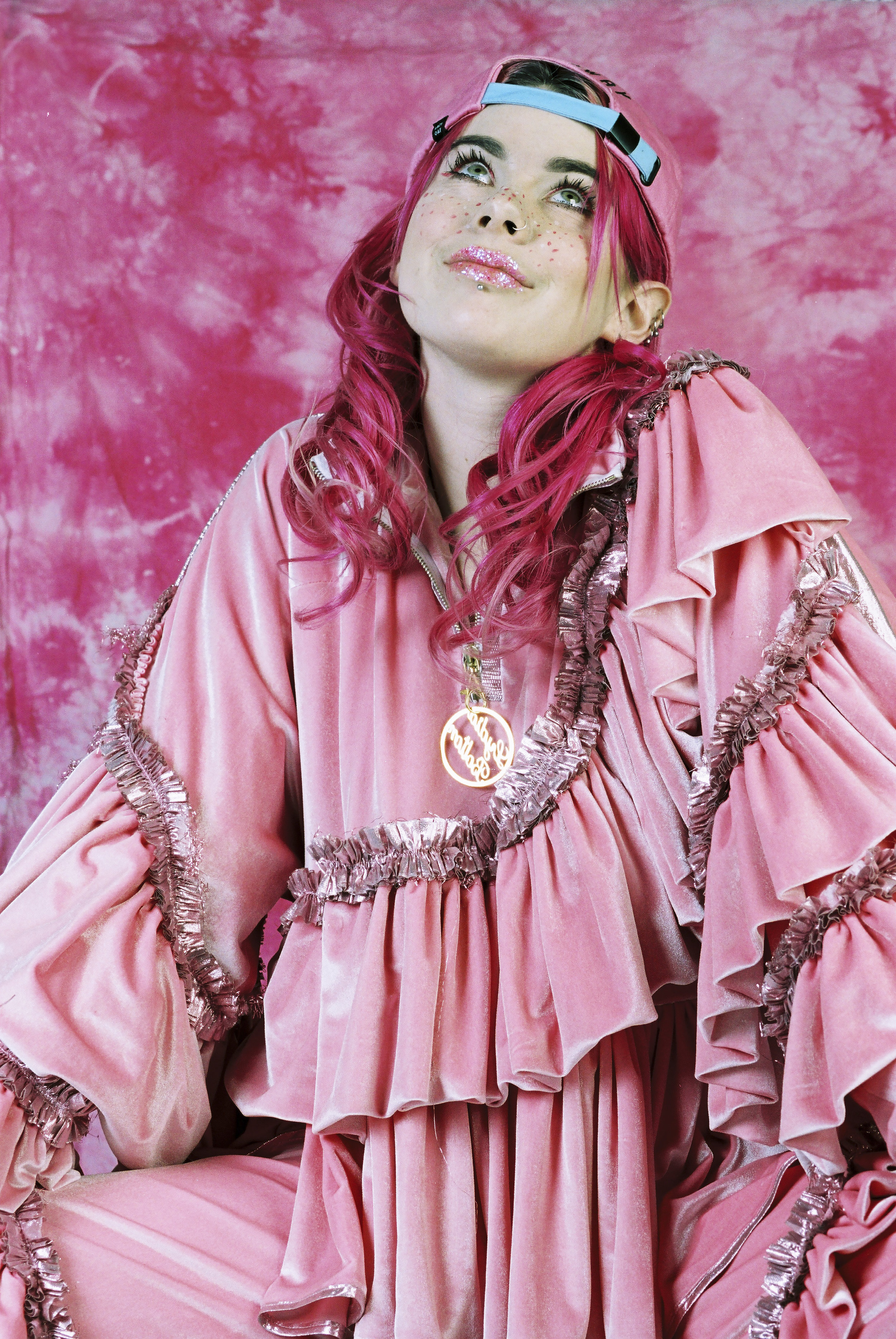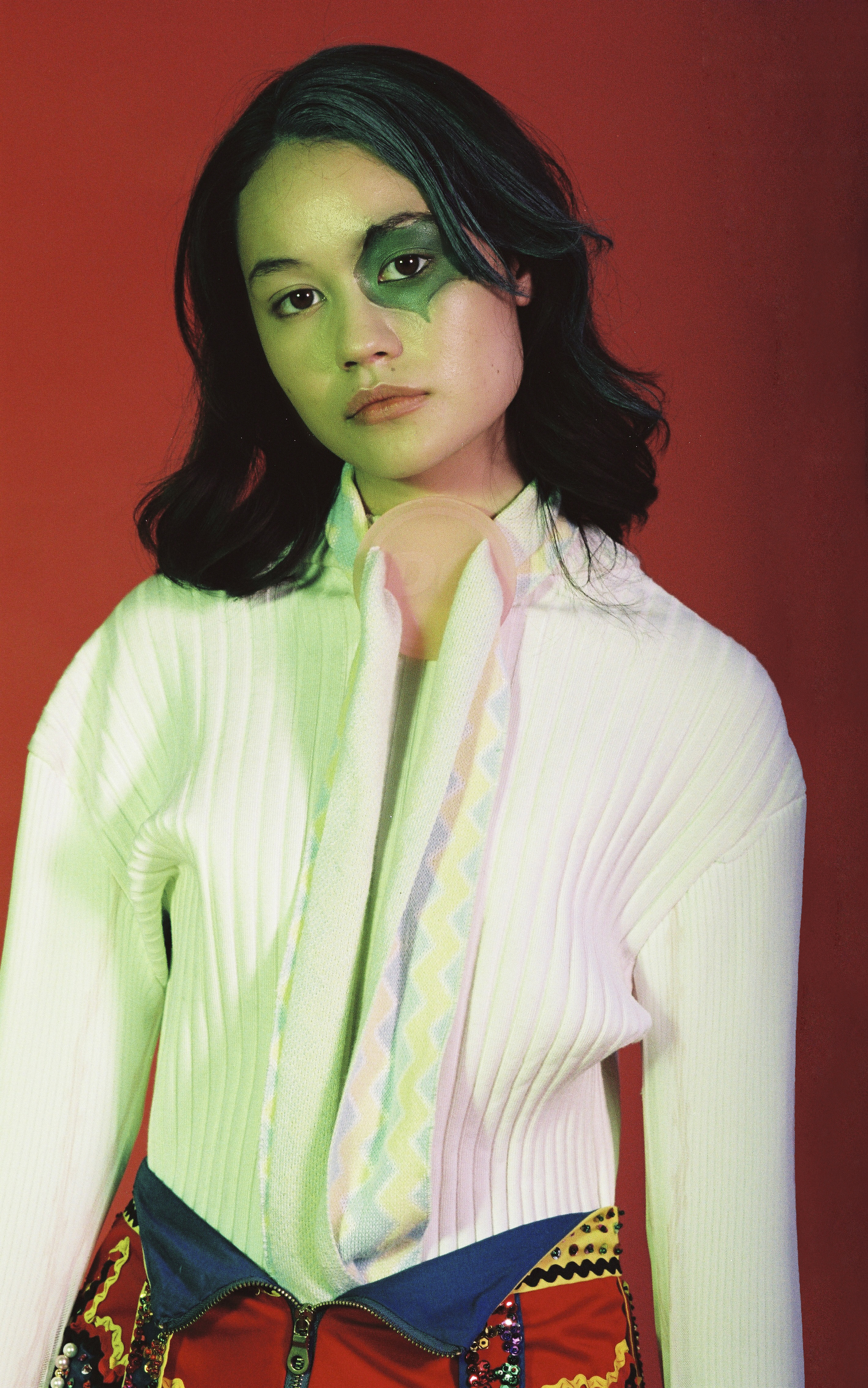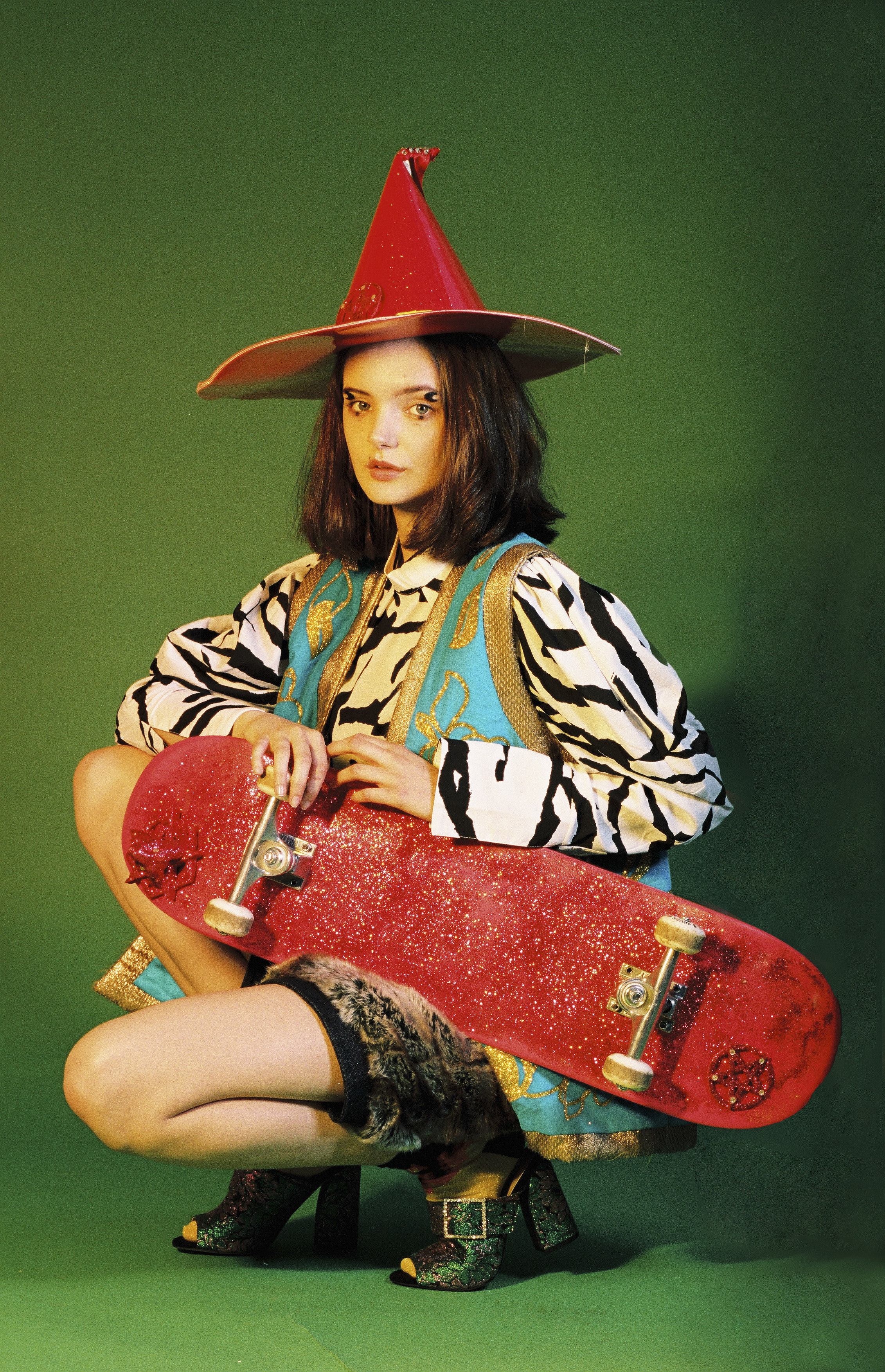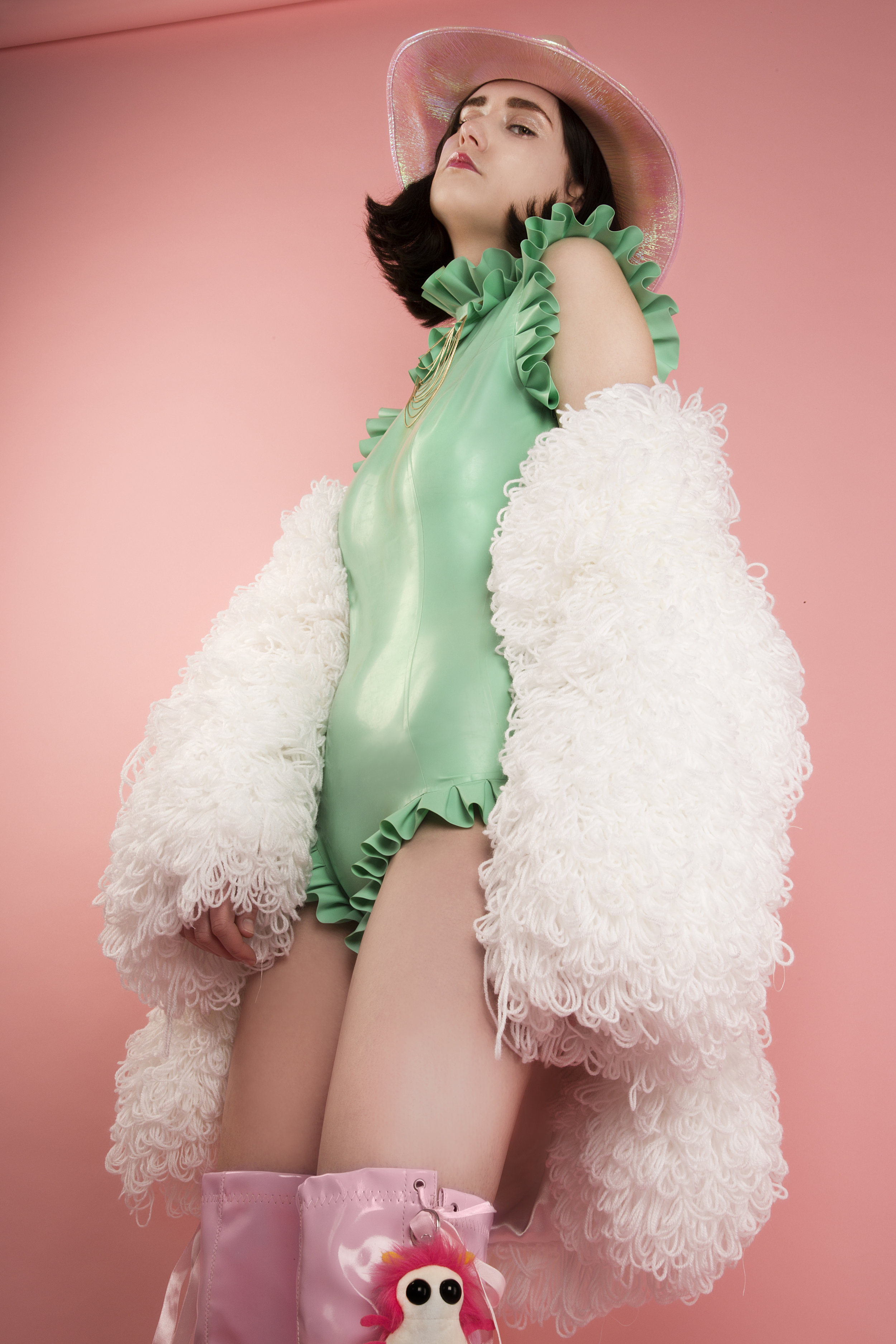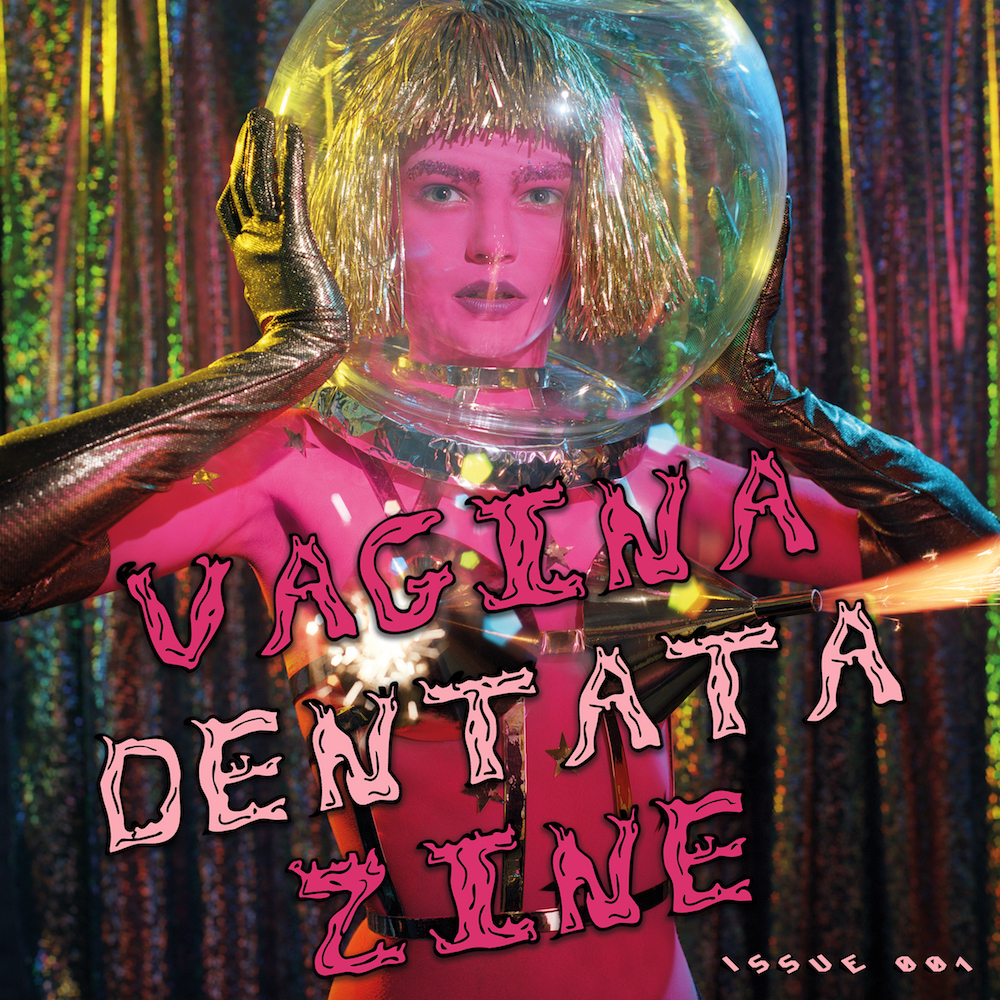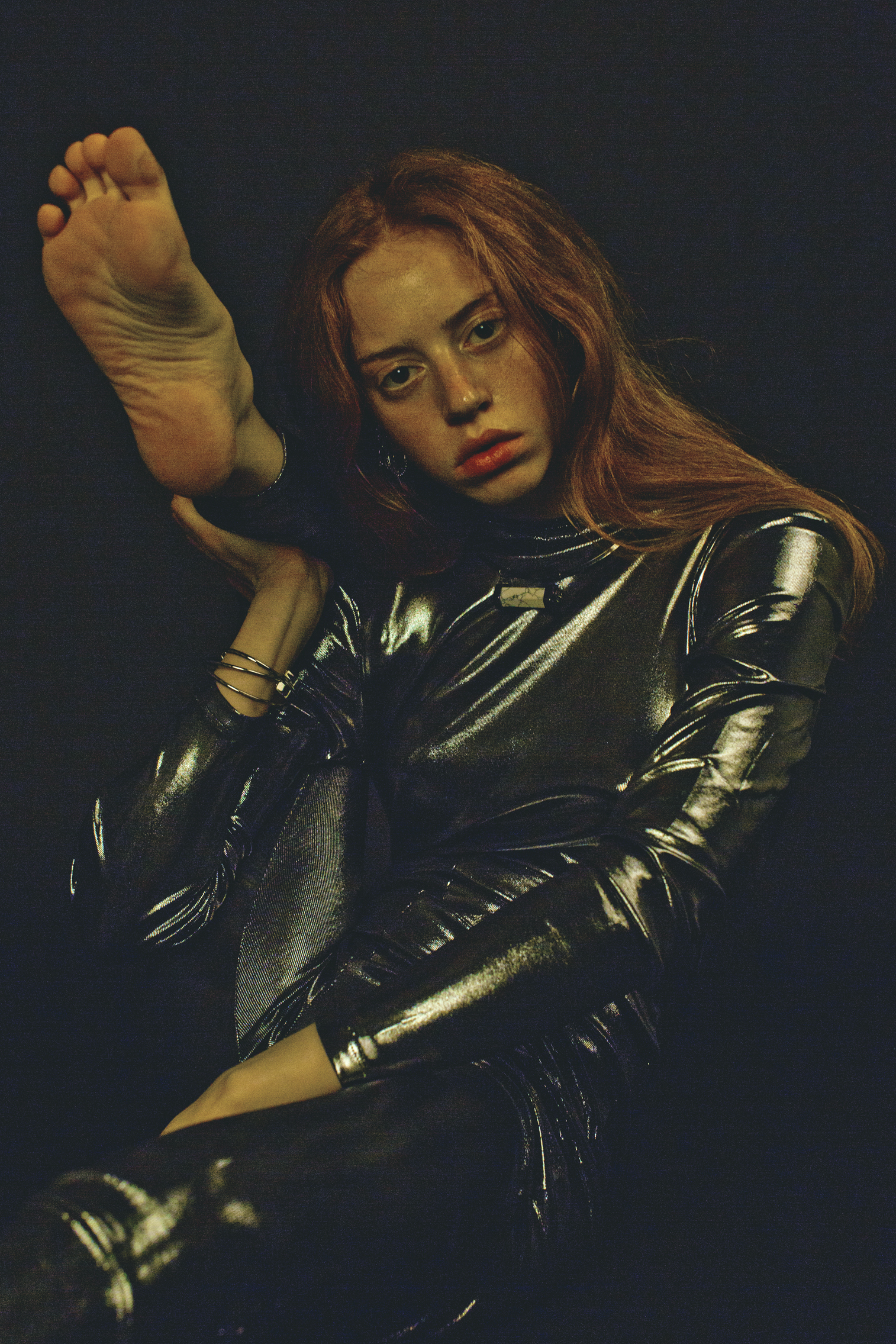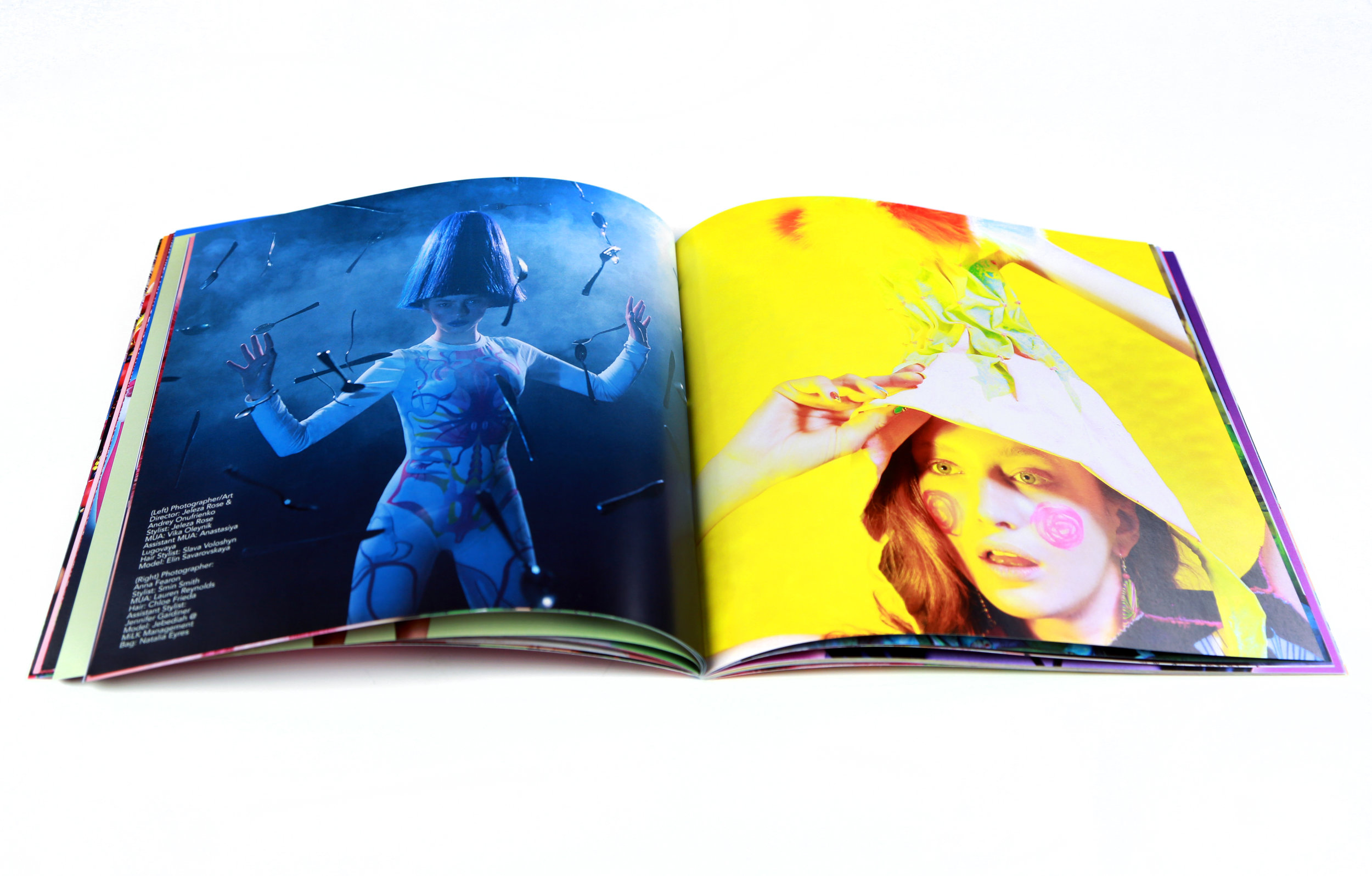In a world where freelancing is an ever increasing segment of work, and creatives may lend themselves to several different job titles, Smin Smith has embraced this multiplicity, through pursuing curation, styling, marketing and writing.
After being nominated for the Very Fashion Styling & Creative Direction Award at GFW 2015, Smin has had her work featured in i-D, Dazed & Confused, It’s Nice That, VOGUE Italia and The Evening Standard, amongst other accolades. We caught up with the creative to hear more about her practise, why clothing is inherently political, and what excites her about working with graduate designers.
Which university did you attend, and what is the most valuable thing that you learnt there?
I studied Fashion Promotion and Imaging at University for the Creative Arts, Epsom. The course encouraged me to consider myself as a “creative” rather than limiting myself to one job description - in the same week I might be curating, styling, marketing and writing!
Graduate Fashion Week provides a platform for emerging fashion graduates to showcase their work regardless of the specific discipline. Which area of the industry have you chosen to pursue, and what informed this choice?
My creative practice varies between imagery, curation and written work, but commercially I mostly work as a Stylist. Clothing is inherently political, and I really enjoy working with experimental and colourful designs - I still work mostly with graduate collections as they’re so exciting!
Barbarella, Sukeban, Crybaby Zine
Tell us a bit more about your career journey since showing at Graduate Fashion Week. How have you found life in the industry?
Since being nominated for the Very Fashion Styling & Creative Direction Award at GFW (2015), my work has been featured in i-D, Dazed & Confused, It’s Nice That, VOGUE Italia and The Evening Standard, as well as having been exhibited at Milan’s Leica Galerie and Photo Vogue Festival.
My final major project Vagina Dentata Zine, which was exhibited at GFW, launched internationally in 2017. The publication explores the relationship between Science Fiction, Fashion and Feminism. As editor, alongside curation and visuals, I’ve regularly spoken on panels, and have been involved in exhibitions at Oxford University, LCC, Bow Arts and The National Trust.
As a working-class creative, moving from University into industry was tough - and something I think we should be more open about. I worked all manner of jobs post-graduation to fund my creative projects, and eventually it paid off!
Do you explore any political, social or historical notions through your work? If so, what messages do you hope to convey?
My practice utilises “fictioning” as a political tool. No matter the project - I want to present women thriving! It’s my way of both escaping and confronting the political realities of Tory Britain. I think this is most prevalent in Vagina Dentata Zine which provides a space for women, LGBTQIA+, POC and non-binary creatives to design the futures they want to see - outside of the misogynoir of Hollywood. Xenofeminism is probably the biggest influence on my practice right now!
Where are you hoping to be in five years time?
Still creating - but with bigger shoot budgets! Currently I’m applying for postgraduate courses, so hopefully I’ll have graduated with an MA (or even, fingers crossed, a PhD) in five years time. I now teach workshops on the course I graduated from, which is incredibly rewarding, and I’d definitely like to pursue a teaching role in the future.
Vagina Dentata Zine, Smin's Final Major Projec and Alienae.
Many say that the industry is undergoing a huge change, with sustainability, diversity and responsibility becoming prominent themes. Do you have any opinions on these movements?
Young creatives have been pushing for diversity and sustainability for years - whilst I’m delighted the industry has started listening, the battle is far from over. As creatives we have a duty to educate ourselves, contextualise our work and push the conversation forward.
Lastly, to any students that are reading this in admiration of your career-what advice would you give to the students hoping to showcase next year?
Utilise your universities’ resources - you have no idea how much you’ll miss those studios and libraries! I think my go-to advice for students is to explore their interests outside of fashion, through fashion. Whether that’s a niche film genre, or your politics - combining passions helps you get through the lows and highs of a project. Work hard - and enjoy what you do!
Interview by Annabel Waterhouse-Biggins



